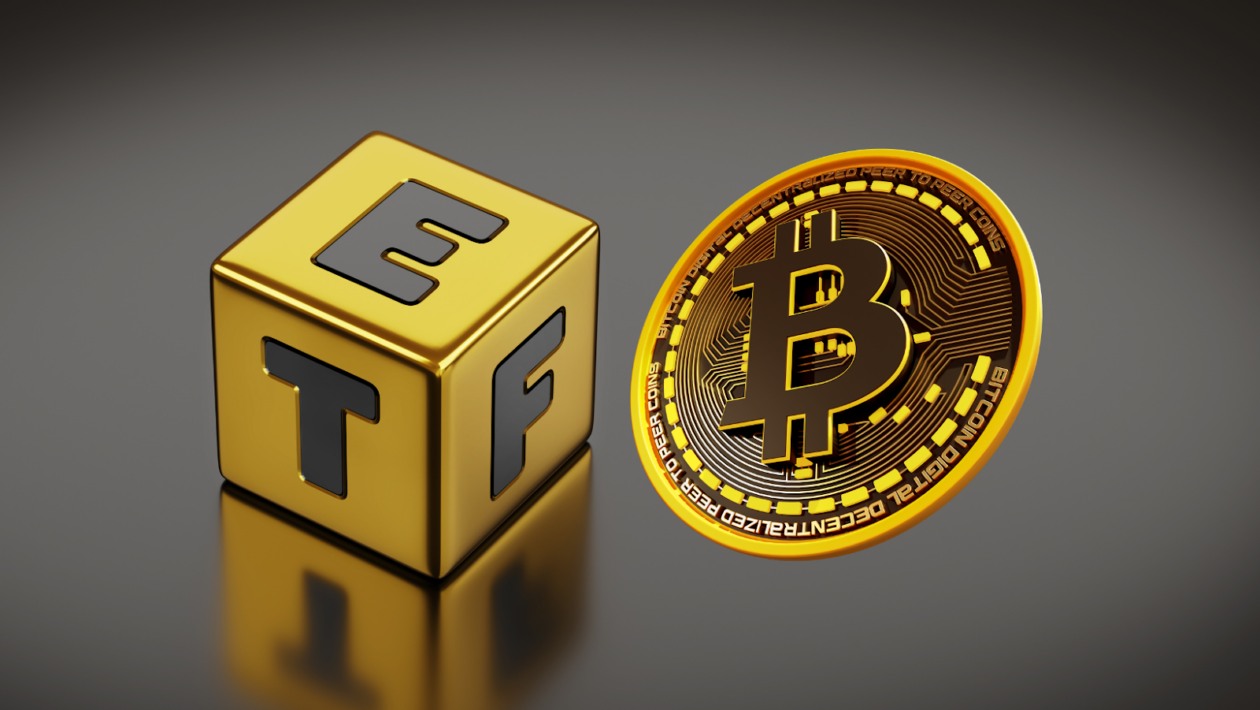The U.S. Bitcoin ETF market, since its inception with the launch of BlackRock’s iShares Bitcoin Trust (IBIT) on January 11, has experienced remarkable investor engagement. However, recent trends suggest a notable shift, with IBIT recording its first day of zero inflows on April 24, indicating potential changes in investor sentiment and market dynamics.
Overview of Bitcoin ETF Performance
Initially, the IBIT attracted significant daily investments, amassing nearly $15.5 billion within just 71 days. This streak of consistent inflows was unprecedented but came to a halt recently, marking a significant moment in the history of Bitcoin ETFs in the United States. Meanwhile, other ETFs, such as Fidelity’s FBTC, have also experienced similar days with no new inflows, suggesting a broader trend across the sector.
In contrast to IBIT’s recent performance, the Grayscale Bitcoin Trust ETF (GBTC) has been facing ongoing challenges, with substantial outflows continuing to impact its standing. On the same day that IBIT recorded no new inflows, GBTC saw outflows amounting to $130.4 million. This has contributed to a net outflow of $120.6 million across the sector for that day, significantly offsetting the gains from other Bitcoin ETFs.
Cumulative Impact on the Market
Since January 11, the aggregate net inflow into U.S. Bitcoin ETFs has reached approximately $12.3 billion. Despite this impressive aggregate performance, GBTC’s significant outflows, which have surpassed $17 billion, underline persistent volatility and investor caution within this nascent market.
The sector’s future growth is closely tied to regulatory developments, particularly concerning the approval of new ETF products, including those based on other cryptocurrencies like Ether. The U.S. Securities and Exchange Commission (SEC) has recently postponed decisions on several such ETFs, citing the need for more time to review these proposals thoroughly. This regulatory hesitance reflects ongoing concerns about market stability and the need for adequate investor protections.
Implications for the Market
The day of zero inflows into IBIT may signal a cooling period or a reassessment phase among investors, influenced by broader market conditions, regulatory uncertainty, and shifts in investor strategy. Furthermore, the interest in expanding ETF offerings to include other cryptocurrencies like Ether indicates a continued appetite for diverse crypto assets, albeit tempered by regulatory scrutiny.
The U.S. Bitcoin ETF market is at a critical juncture. While it has demonstrated the capacity for significant capital attraction, recent fluctuations and regulatory challenges pose questions about its sustainability and future growth. As the market matures, it will be crucial for investors, fund managers, and regulators to navigate these complexities carefully to foster stability and ensure investor confidence.










